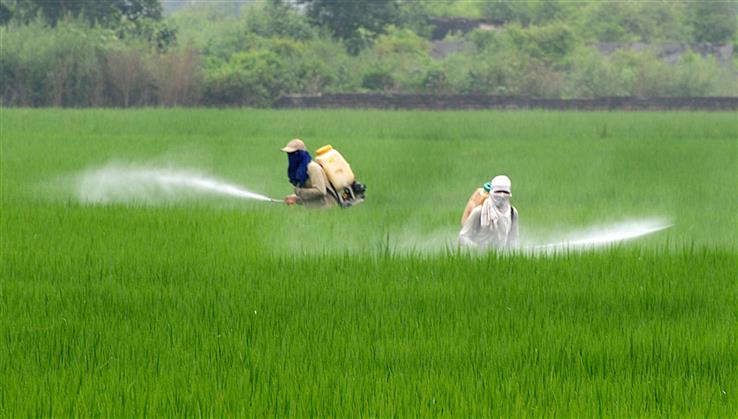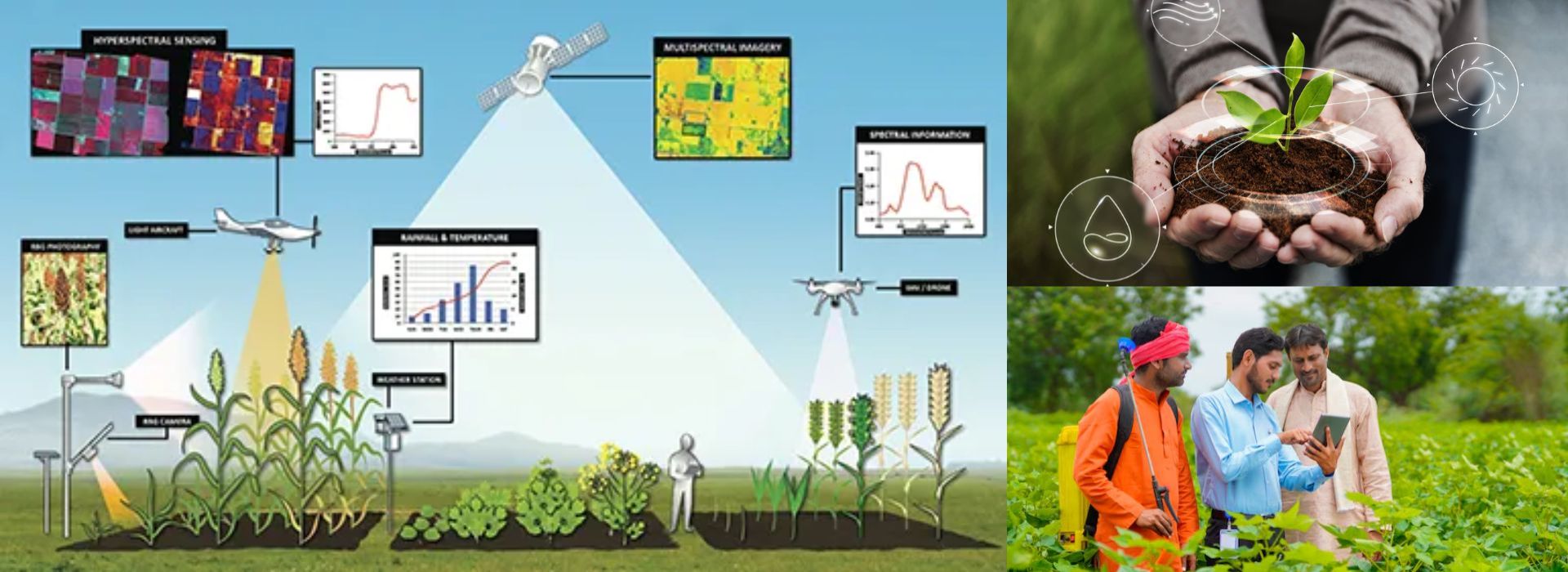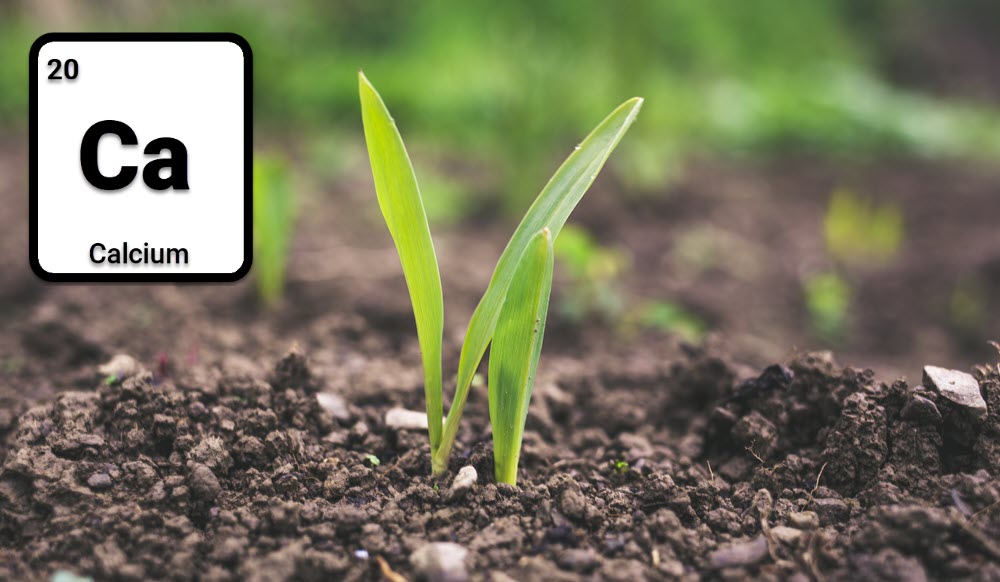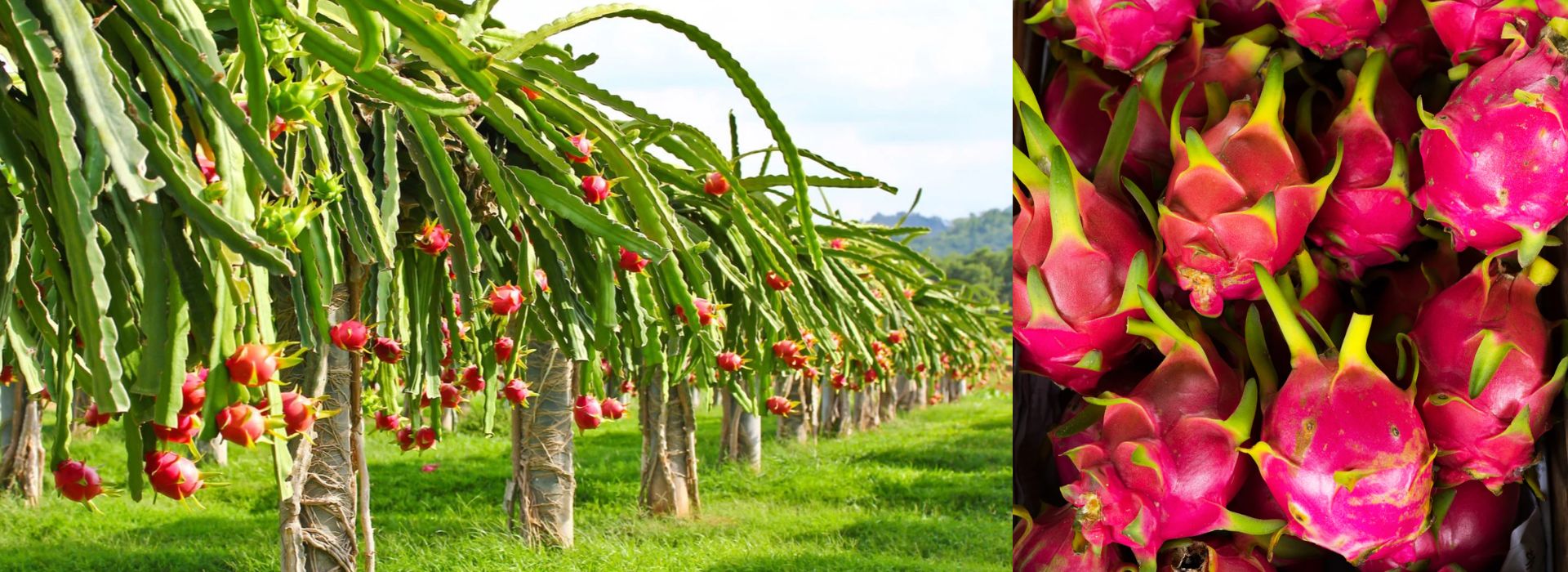The Advantages and Disadvantages of Insecticides
June 11, 2024Insecticides have been a cornerstone
of modern agriculture and pest control, playing a vital role in safeguarding
crops, livestock, and even human health. However, their use comes with a
complex mix of benefits and drawbacks. Let's delve into the multifaceted world
of insecticides to understand their advantages and disadvantages.
Advantages of Insecticides
1. Increased Agricultural Productivity:
Crop Protection: Insecticides protect crops from pests, ensuring higher
yields and reducing the risk of crop failure. This is crucial for maintaining
food security and stabilizing the supply chain.
Quality Enhancement: By controlling pest populations, insecticides help
maintain the quality of produce, reducing blemishes and damage that can affect
marketability and consumer preference.
2. Economic Benefits:
Cost-Effectiveness: Effective pest control through insecticides can be
more economical compared to other methods, leading to lower production costs
and higher profitability for farmers.
Market Stability: Consistent crop yields contribute to stable market
prices, benefiting both producers and consumers.
3. Disease Control:
Public Health: Insecticides play a critical role in controlling
vector-borne diseases such as malaria, dengue fever, and Zika virus by
targeting disease-carrying insects like mosquitoes.
4. Livestock Protection:
Animal Health: Insecticides help protect livestock from pests that can
cause diseases and discomfort, thus improving animal health and productivity.
5. Convenience and Efficiency:
Ease of Application: Insecticides are relatively easy to apply and can
cover large areas quickly, making them a convenient option for large-scale
agricultural operations.
Disadvantages of Insecticides
1. Environmental Impact:
Non-Target Species: Insecticides can harm beneficial insects such as
bees, butterflies, and other pollinators, disrupting ecosystems and reducing
biodiversity.
Soil and Water Contamination: Runoff from fields can lead to
contamination of soil and water bodies, affecting aquatic life and potentially
entering the human food chain.
2. Human Health Risks:
Toxicity: Exposure to insecticides can pose health risks to humans,
including acute poisoning and long-term effects such as cancer and neurological
disorders. This is a significant concern for farm workers and communities near
treated areas.
Residues in Food: Pesticide residues on food products can pose risks to
consumers, leading to stringent regulations and monitoring to ensure safety.
3. Pest Resistance:
Evolution of Resistance: Over time, pests can develop resistance to
insecticides, rendering them less effective and necessitating the development
of new, often more potent chemicals. This cycle can lead to increased costs and
potential environmental harm.
4. Disruption of Natural Pest Control:
Reduction of Natural Predators: By killing non-target species,
insecticides can reduce populations of natural pest predators, leading to an
imbalance that can exacerbate pest problems in the long run.
5. Economic and Social Concerns:
Dependency: Over-reliance on insecticides can create a dependency that
may be unsustainable, particularly for small-scale farmers in developing
countries who might face financial barriers to access.
Regulatory and Compliance Costs: Adhering to regulations regarding
insecticide use can be costly and complex, especially for smaller operations.
Conclusion
Insecticides undoubtedly offer significant benefits in terms of agricultural productivity, economic gains, and disease control. However, these advantages must be carefully weighed against the potential environmental and health risks. Integrated Pest Management (IPM) strategies, which combine biological, physical, and chemical methods, can help mitigate some of these disadvantages by promoting sustainable and environmentally friendly pest control practices. As we move towards a more sustainable future, the challenge lies in balancing the immediate benefits of insecticides with long-term ecological and health considerations, ensuring that we protect both our crops and our planet
At krishibazaar.in, you can find and buy various agricultural products. For
agricultural guidance on selecting the most suitable products for your crops,
please contact or WhatsApp at +917887880887






Guest reviews
No reviews found for this Blog